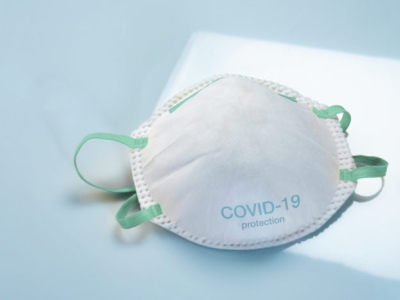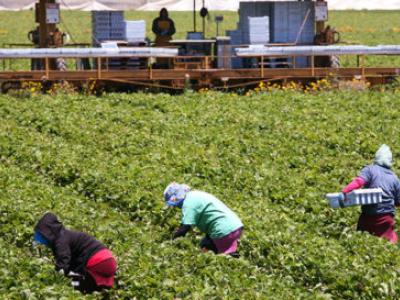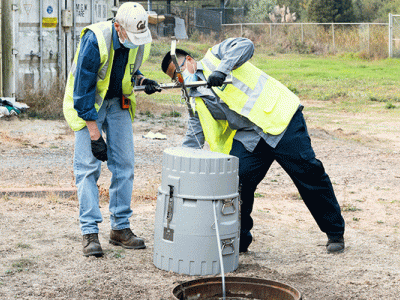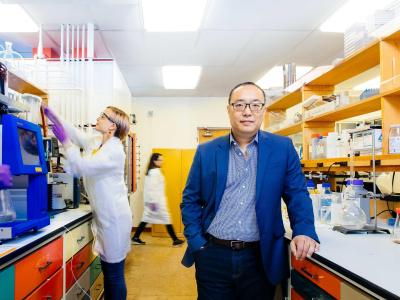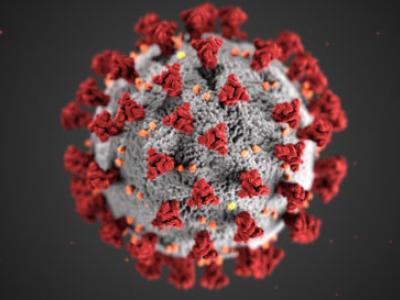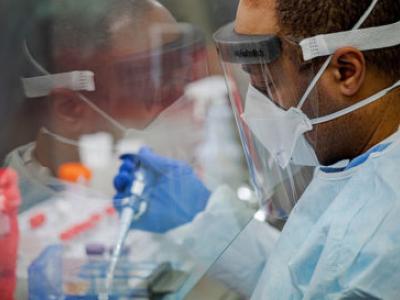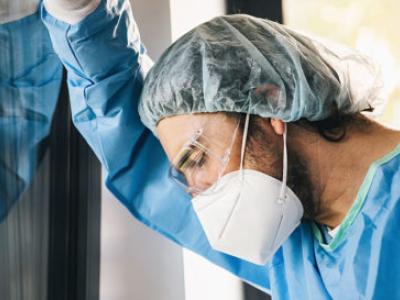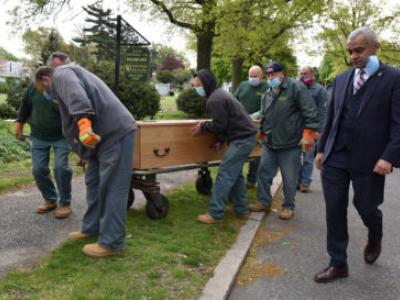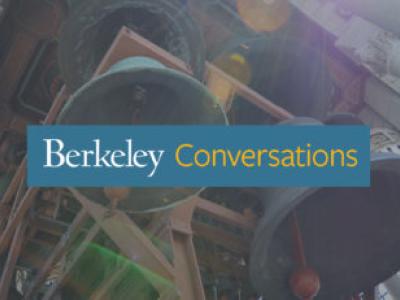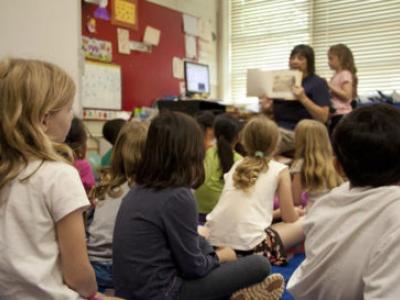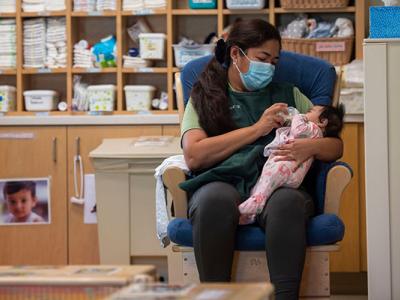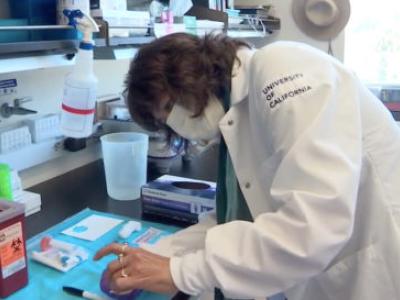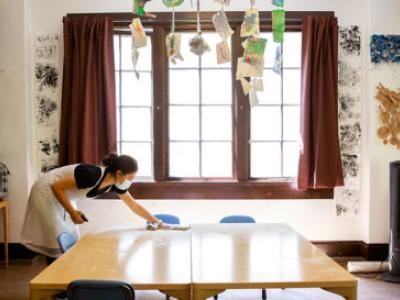Overcrowded jails in states such as Montana and Missouri are experiencing COVID outbreaks. One reason for the high COVID count in jails and the low count in prisons is that states for months halted "county intakes," or the transfer of people from county jails to the state prison system after conviction. Sheriffs in charge of the county jails blame their outbreaks on overcrowding partly caused by that state policy. Stefano Bertozzi, dean emeritus at the University of California, Berkeley School of Public Health, visited California's San Quentin prison before the outbreak, and afterward helped pen an urgent memo outlining immediate actions needed to avert disaster. He recommended halting all intakes at the prison and slashing its population of 3,547 inmates in half. At that point, the California Department of Corrections and Rehabilitation was already more than two months into an intake freeze. Overcrowding has long been an issue for criminal justice reform advocates. But for Bertozzi, the term "overcrowding" needs to be redefined in the context of COVID-19, with an emphasis on exposure risk. Three inmates sharing a cell designed for two is a bad way to live, he said, "especially for the guy who's on the floor." But if those cells are enclosed, they offer far better protection from COVID-19 than 20 inmates sharing a congregate dorm designed for 20. "It's how many people are breathing the same air," Bertozzi said.

